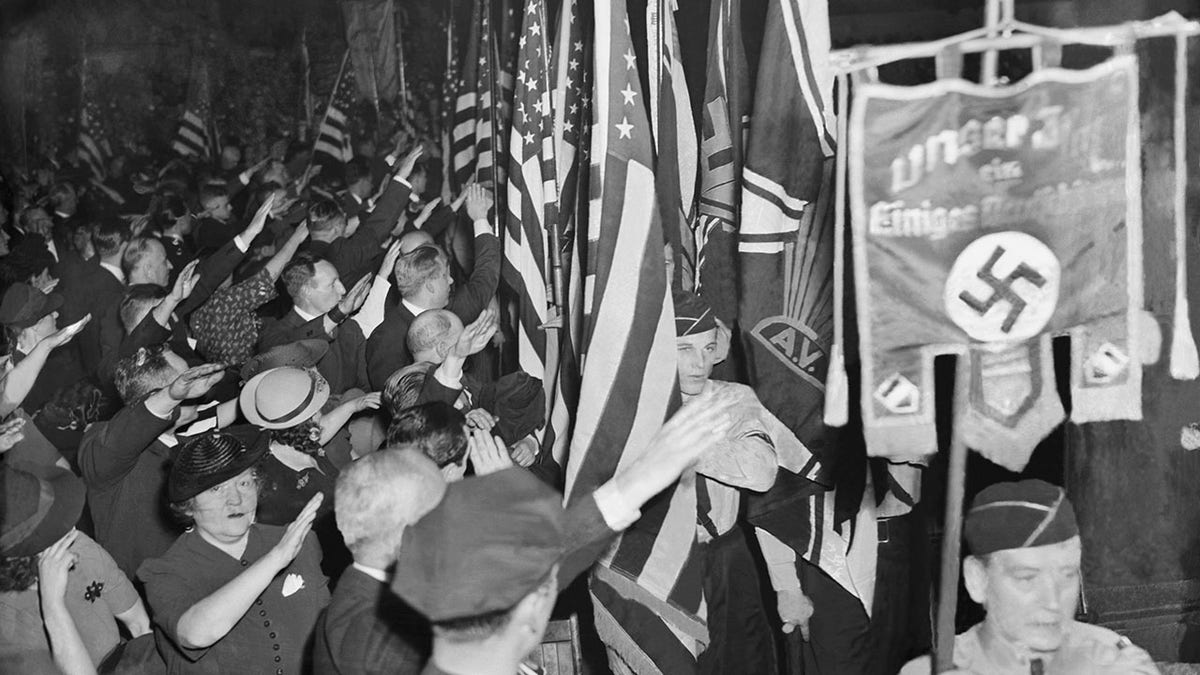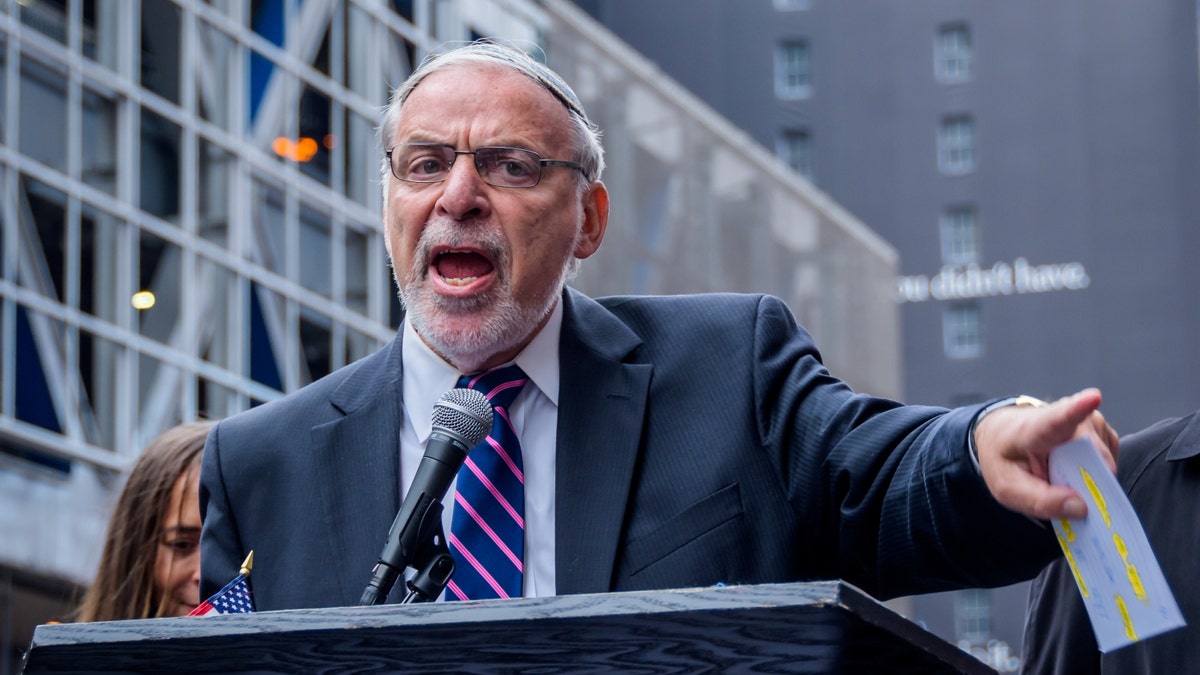Dov Hikind’s Reaction to Clinton and Harris: A Bold Stand Against Comparisons
Dov Hikind, the founder of Americans Against Antisemitism, has voiced strong criticism directed at Hillary Clinton and Vice President Kamala Harris. His remarks center on their recent comparisons of former President Trump’s rally at Madison Square Garden to a Nazi rally that occurred in the 1930s at the same venue.
“My God, what the hell is wrong with these people,” Hikind exclaimed in a passionate video shared on X. He expressed disbelief over what he perceives as an urgent desperation from Clinton and Harris, who label Trump a fascist. There’s an echoed sentiment of frustration; their words strike at the heart of his identity and community.
“Madison Square Garden. So many people there will be Jewish supporters of Donald Trump,” he added emphatically. “They are so freaking desperate and they are ready to destroy America,” he contended, heightening his critique with personal emotion.
With a poignant backstory that includes his mother being a Holocaust survivor from Auschwitz, Hikind’s criticisms ring with significant weight. He reflects not just on political alignments, but on history—a history where millions suffered atrocities. This personal narrative infuses his public stance with palpable sincerity.
Clinton’s recent linkage of Trump’s rally at MSG to an infamous Nazi gathering in 1939 sheds light on the charged atmosphere surrounding political events today. That 1939 rally, organized by the pro-Nazi German American Bund, culminated in a significant gathering that reverberated across the country, amplifying fears of anti-Semitism in the lead-up to World War II.
In a similar vein of rhetoric, Harris’ running mate, Governor Tim Walz of Minnesota, also echoed these historical comparisons. He stated, “Donald Trump has this big rally at Madison Square Garden. There’s a direct parallel to what happened in the mid-1930s.” Such statements are controversial, inviting scrutiny and intense debate among both supporters and critics alike.

Hikind’s perspective as a former New York state lawmaker is solidified by his view that Trump maintains substantial support within the Jewish community. “So much of the Jewish community committed to Israel is supporting Donald Trump,” he asserted. “To compare him to Nazis? The event at Madison Square Garden? Shame on them. Shame.” His condemnation resonates, fueling conversations around identity politics and Jewish American sentiments toward leadership.
Transitioning from decades as a Democrat, Hikind officially announced his switch to the Republican Party in 2023, prompted by what he claims is a radical shift within the Democratic Party. “Unfortunately, the Democratic Party has become so radicalized that moderate or conservative Democrats are no longer welcomed,” he has said, reflecting a belief that bipartisan dialogue has been stifled.
“I’ve had enough. The Democratic Party turns its back on friends like Israel,” Hikind lamented, speaking passionately about his concerns over policies under the Biden administration. He warned against the dangers he perceives in modern political divides, highlighting a stark need for unity over division. “It took a long time for me, but I am delighted to join the Republican Party,” he concluded, signifying a profound personal and political transformation.

The discourse generated from this political climate underscores a pivotal moment in American history—where words, deeply rooted in heavy legacies, wield power beyond conventional politics. As the nation grapples with its past, voices like Hikind’s serve as reminders of the gravity of historical comparisons and the implications they carry in today’s societal landscape.
